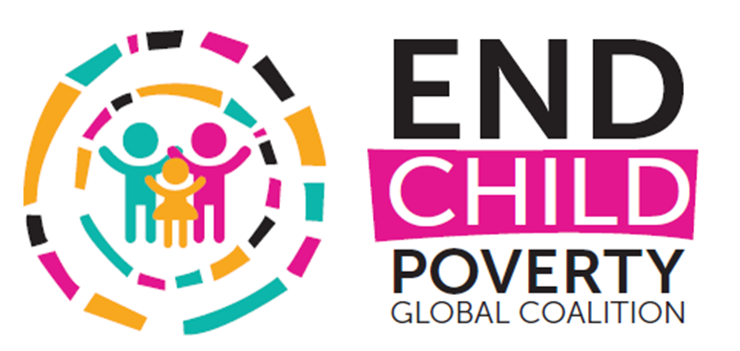Report
Guide to the introduction, expansion and improvement of cash transfers for children and families
UNICEF’s work on social protection has increased rapidly over the last decade. Among social protection interventions, cash transfers are one of the most common components supported by UNICEF, reaching over 70 countries in 2015. Depending on country contexts, the types of activities UNICEF engages in vary greatly – from modelling how cash transfers could work through a pilot programme, to conducting impact evaluations and policy engagement with decision makers.
The first part of this document gives a brief background of why cash transfers matter for children, how UNICEF has engaged with cash transfers globally and what opportunities and challenges exist. The second part outlines a cycle of four broad areas where UNICEF works:
Taking stock: analysis of child poverty and existing cash transfer programmes;
Setting the direction: examining programme design options;
Mobilizing support and resources: policy engagement and advocacy;
Achieving results on the ground: implementation with monitoring and evaluation.
Under these areas, this document seeks to give a range of options and activities to improve the lives of children and families. It investigates 19 concrete activities undertaken by UNICEF Country Offices that could contribute to the introduction, expansion and improvement of cash transfers. For each activity, the document describes potential approaches and considerations, along with country examples and links to key resources which provide more detailed guidance and information about each aspect of the work.


